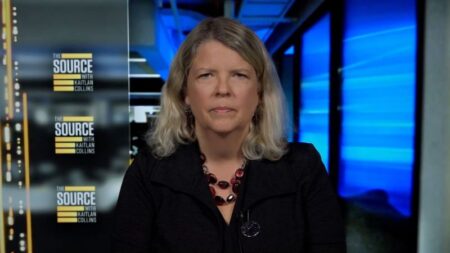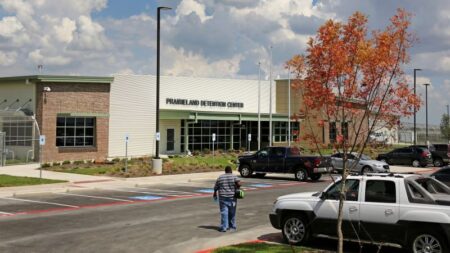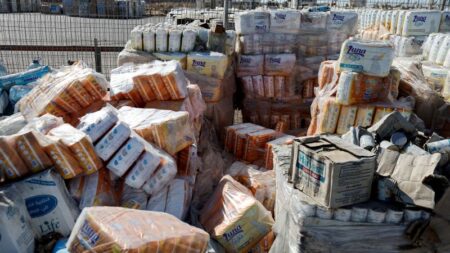In recent developments, the UK government is facing strong calls to resume processing asylum claims from Syrian nationals, as more than 7,000 individuals remain in a state of uncertainty regarding their applications. This halt in processing was initiated in December 2023 following the fall of President Bashar al-Assad’s regime in Syria, a decision that has since left many Syrians in the UK in what advocacy groups describe as “indefinite limbo.” Notably, organizations like the Refugee Council have expressed urgent concerns over the psychological toll this uncertainty has taken on those awaiting updates on their asylum claims.
As it currently stands, the UK government has put decisions on Syrian asylum claims on hold while it seeks to assess the evolving situation in Syria. A spokesperson from the Home Office justified this decision, stating that comprehensive and stable information is necessary to make informed assessments regarding the risks for individuals returning to Syria. The Home Office has assured that this policy will undergo ongoing review, although the timelines for re-evaluation remain unclear.
By March 2023, records indicated that a total of 7,386 Syrian asylum seekers were awaiting an initial decision regarding their claims. The situation in Syria continues to be complex; the rebel group Hayat Tahrir al-Sham (HTS), which currently leads the challenge against Assad’s regime, still holds considerable power in the region, rendering the future uncertain. Ahmed al-Sharaa, the head of HTS, has been named interim president, but the UK continues to classify HTS as a terrorist organization, further complicating assessments of safety in Syria.
Political analysts and advocates for Syrian refugees highlight that many individuals currently seeking asylum left Syria for reasons beyond just escaping Assad’s regime. Haytham Alhamwi, who leads the Syrian British Consortium, pointed out that although many Syrians fled the brutality of Assad, there are still genuine fears linked to military groups in the region. As a result, the notion that it is now safe for all Syrians to return has been called into question.
In stark contrast, the UK government has insinuated that a large portion of recent asylum claims is tied to the threats posed by the Assad government, suggesting that a stable Syria could make it feasible for many refugees to repatriate. This perspective has drawn criticism, especially considering the persistent danger posed by various military factions within the country, not just the former regime.
The significant pause in asylum claims has also resulted in an 81% drop in new Syrian claims since the government implemented this decision. However, the migrant crisis persists, with 299 Syrians arriving in the UK via small boats in the first quarter of 2024, accounting for 5% of the total migrant crossings during this period.
Compounding these issues is the fact that many asylum seekers do not have the right to work while their claims are being processed, and they rely on government support for their housing and daily needs. This is not only a personal burden but also an ongoing financial strain on public resources, with over 5,500 Syrians accommodated by the government—2,130 of whom are residing in hotels, which the government has pledged to eliminate as a housing solution for asylum seekers.
Jon Featonby, chief policy analyst for the Refugee Council, emphasized that this systemic backlog causes delays that significantly hinder the asylum process, leaving applicants feeling helpless. Individual stories of asylum seekers highlight the real and personal impact of the policy. A Kurdish applicant known as Azadi, who arrived by boat in June 2023, articulated his frustration over not being allowed to work and contribute to society during his wait for a decision.
The situation is similarly dire for others like Leen Albrmawi, who hopes to secure further education but feels dejected after the government’s decision caused her opportunities to evaporate. Having arrived in the UK in 2019 and wrestling with the ramifications of provisional status since then, Leen’s plight reflects a broader concern that changes in government policy could force her back to a war-torn homeland devoid of security and familial ties.
As discussions surrounding asylum policies in the UK evolve, there are calls for a pragmatic approach that considers both the changing dynamics within Syria and the ongoing needs of current asylum seekers. Making decisions on a case-by-case basis could potentially alleviate some of the pressures faced by these individuals and may lead to more humane outcomes.










